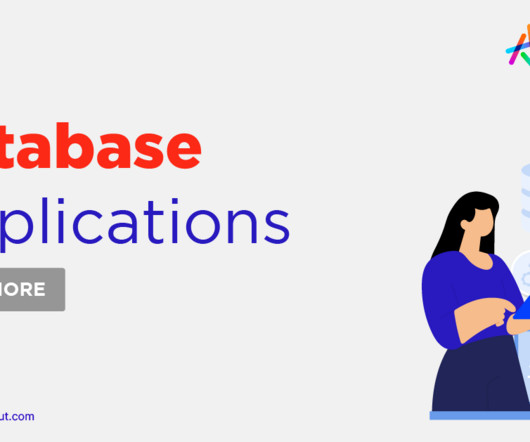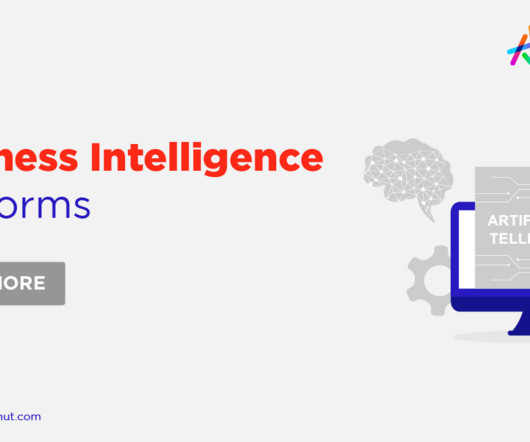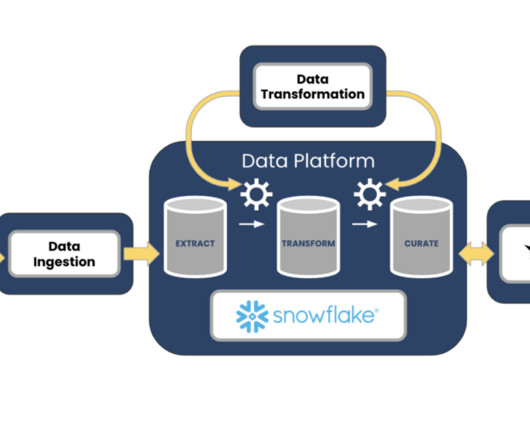The Role of Database Applications in Modern Business Environments
Knowledge Hut
JULY 26, 2023
It is made up of tables that carry data in rows and columns. Data Access Layer: The data access layer function is to create a connection between the application and the database. Database Application Types: The various types of database applications are as follows: 1. Spatial Database (e.g.-












Let's personalize your content